O'Brien Foundation
The O’Brien Foundation works tirelessly to raise much needed funds to support groundbreaking research by the O’Brien Institute, a Department of St Vincent’s Institute, into treatments to restore form and function to people with injuries from trauma, cancer (including the after-effects of cancer treatment), and congenital deformity.
Since its inception, reconstructive plastic surgery has tried to restore dignity and hope to those suffering from the after-effects of traumatic injury, cancer or birth deformities. These surgeries were performed in grueling multi-procedures, often with limited success.
In the 1970s, microsurgeons in Melbourne pioneered the transfer of tissues from one part of the body to another, immediately connecting a blood supply to keep the transferred tissues alive using microsurgery. Overnight, this radical advance converted the previous multi-staged procedures into a single-stage operation due to advances in microsurgical instrumentation and technology designed by researchers lead by Bernard O’Brien. Today, the O’Brien Institute Department, St Vincent’s Institute remains at the forefront of microsurgery.
Our ambition remains to treat patients who suffer from the same diseases as the Institute’s pioneering plastic surgeons, however, we have had to evolve. The O’Brien Foundation remains dedicated to raising funding for the ongoing research aims of Bernard O’Brien and his team.
Researchers have now moved beyond operating on the physical to reconstructive processes at the sub-cellular level. Today, we use a combination of research techniques that include the stimulation of injured tissues to repair and rebuild using growth factors, subcellular particles, stem cells and tissue engineering.
For example, researchers have isolated and started to unlock some of the secrets of stem cells in fat tissue that have the capacity to coordinate the re-building of mature fat, bone or cartilage cells, replacing those that have been lost. The process may be enhanced by combining cells with scaffolds of special materials to create three-dimensional structures, or by enhancing the cell growth using molecular cues. We call this Tissue Engineering or Regenerative Surgery.
This is an incredibly exciting time. Join the O’Brien Foundation on this inspiring journey.
Research
We are working towards a new future that will provide patients with more successful outcomes aiming to restore their hope, form and function. Our ambition is to change the way in which we undertake reconstruction of injured tissues and organs by stimulating them to repair and rebuild, replicating the process of embryotic growth.
Cancer Survivorship
Cancer is a disease that respects no anatomical boundaries, age or gender. The spectrum of resulting clinical problems encompasses work by all research groups at the O’Brien Institute, a Department of St Vincent’s Institute.
Lymphatic and Adipose Biology
Lymphoedema is a debilitating soft tissue disease caused by an impairment of the lymphatic system, which leads initially to fluid build-up in the surrounding interstitial tissue; then later the accumulated fat-rich fluid itself turns into fatty, heavy scar tissue.
Cardiac Regeneration
Stem cells have the potential to treat heart diseases by transforming into heart cells and blood vessels or by producing protective factors. Furthermore, these human heart cells produced from stem cells can be used to grow whole tissues of the human heart.
Vascular Biology
Research in the Vascular Biology Group focuses on creating micro-vascular (capillary) blood vessel networks needed to support the tissues created for the purpose of tissue regeneration or reconstruction. This may be either in engineering of tissues, or as part of a wound healing response.
Training
The next generation of groundbreakers. Training is central to the work to the O’Brien Foundation. We have been training surgeons and research fellows from Australia and overseas for over 45 years.
Volunteers Involved
Amount Raised
The hummingbird’s delicate bill
Shaped for specialised feeding and probing into flowers – represents the precision element of our field of endeavour.



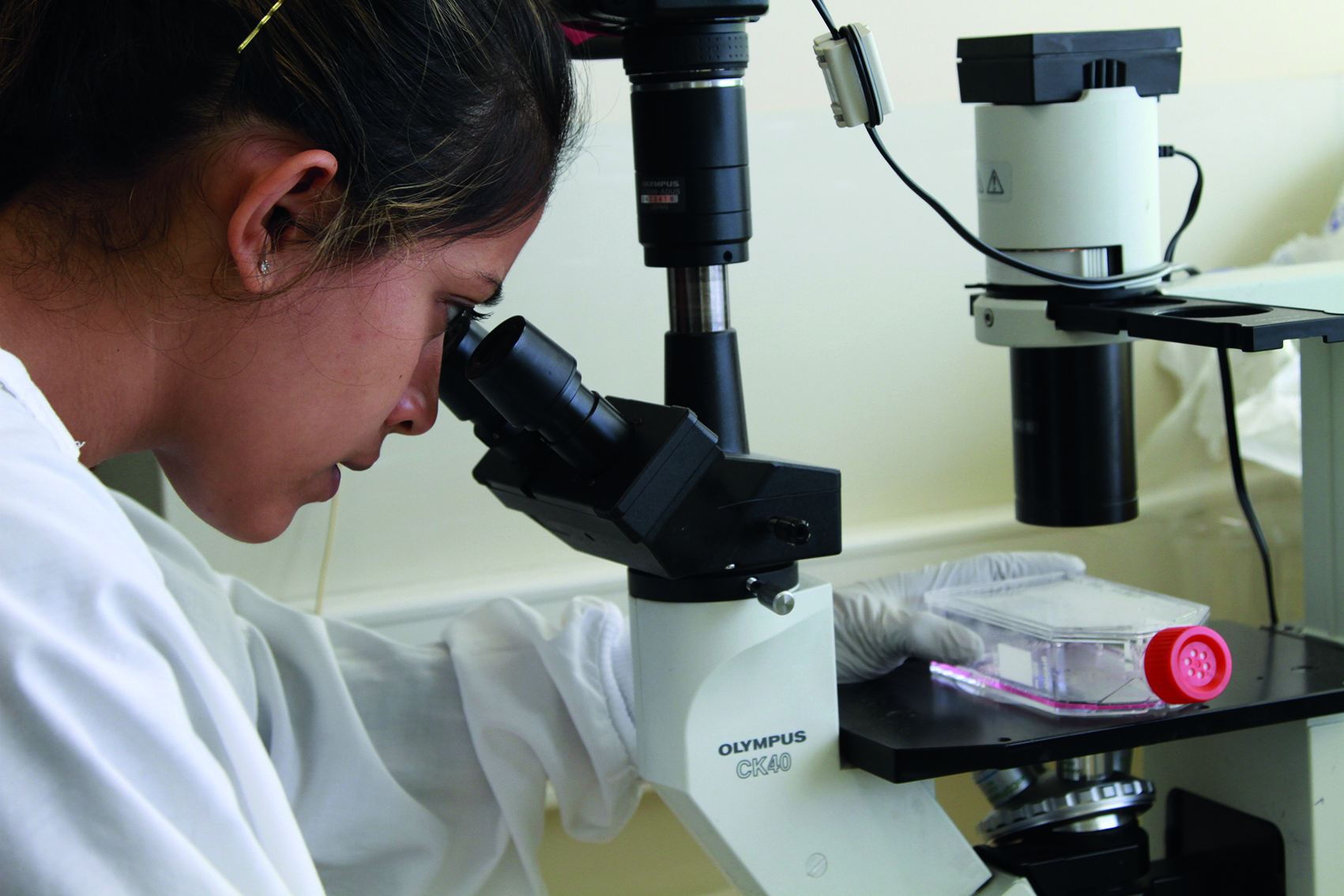
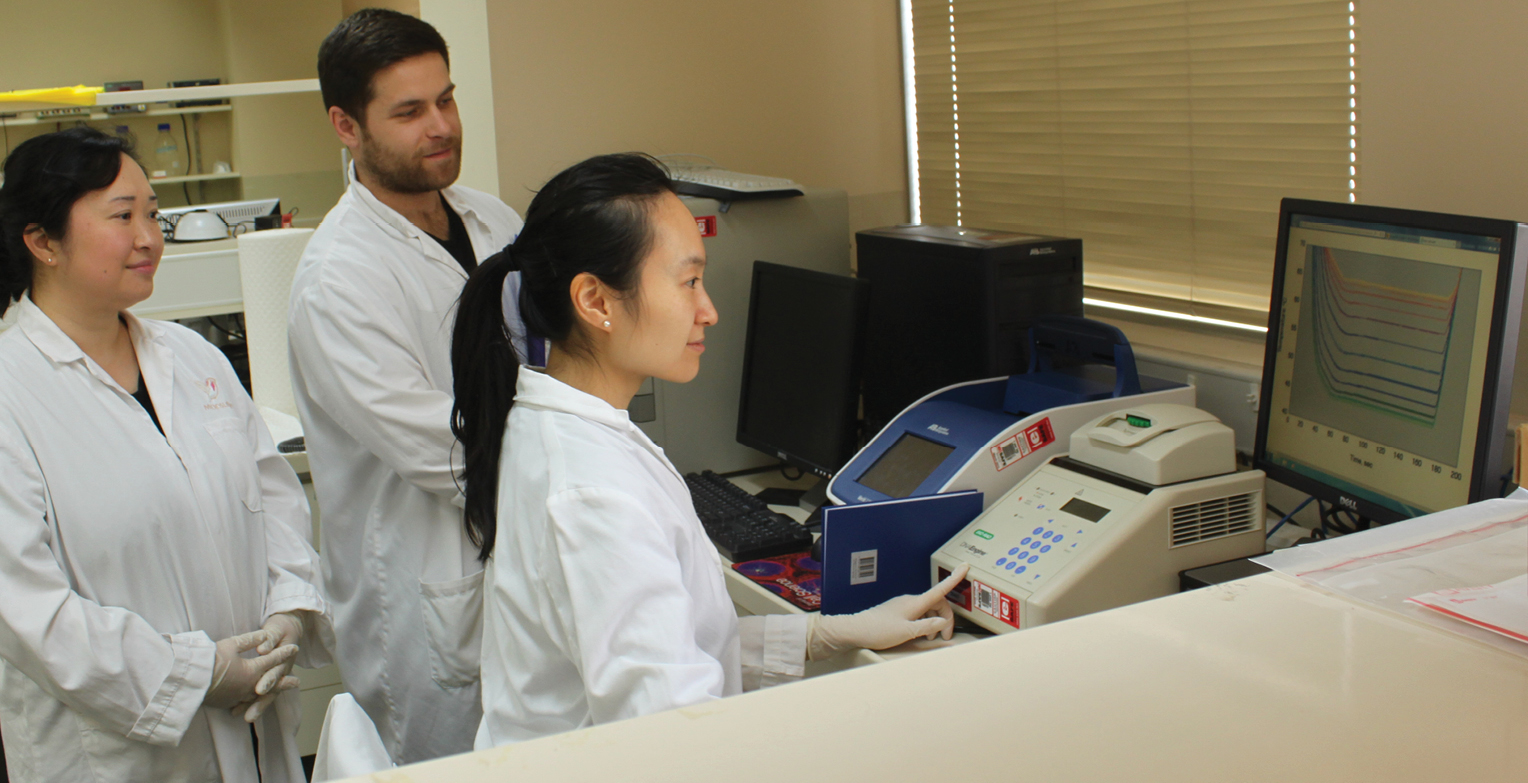
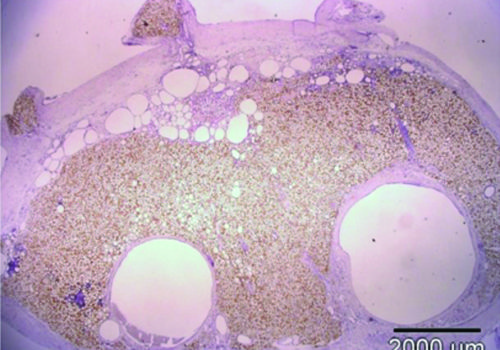
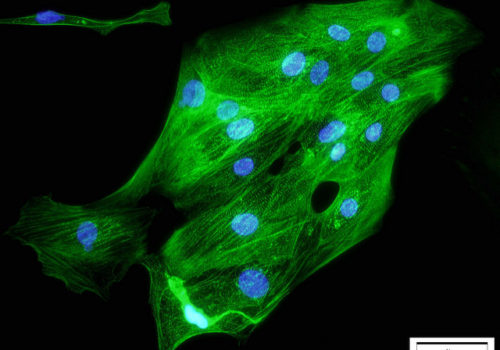
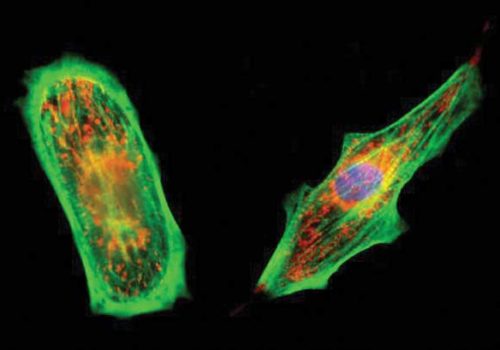
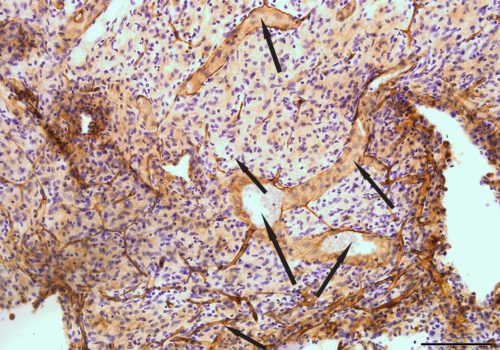
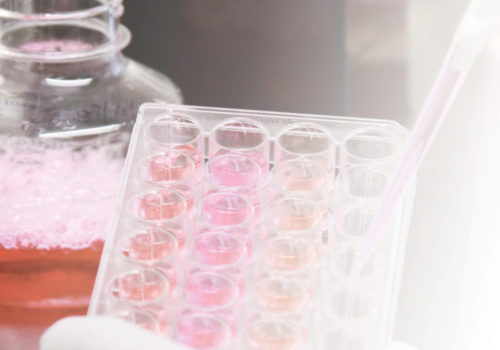
 The ‘Hummingbirds’ are a small group of dedicated, enthusiastic and experienced fundraising volunteers, raising funds for the O’Brien Foundation. We are committed to the terrific work that the O’Brien Institute perform and decided to help raise funds and build a network of friends to support this organisation.
The ‘Hummingbirds’ are a small group of dedicated, enthusiastic and experienced fundraising volunteers, raising funds for the O’Brien Foundation. We are committed to the terrific work that the O’Brien Institute perform and decided to help raise funds and build a network of friends to support this organisation.